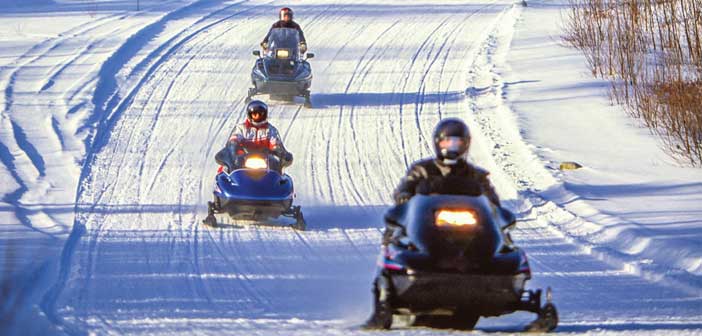“Just a spoonful of sugar helps the medicine go down. In a most delightful way.” You don’t have to be a Mary Poppins or a Pollyanna to recognize what a little kindness can do to sweeten up just about anybody’s day.
Being kind and doing kind things for other people not only tends to create a flutter of warm fuzziness deep inside of the person doing the kindness (as well as the person on the receiving end of the kind act) but kindness has been identified as an integral part of the human condition.
When we commit an act of kindness, we inevitably feel better. Now from one perspective that good feeling is a spiritual element of our humanity, but for the biochemists it can be traced to a chemical chain reaction that increases levels of dopamine in our brains—a natural high that has the added bonus of being really hard for any government to tax as it is basically sin-free.
Kindness has been identified as a key element in the development of social behaviour and bonding that helped strengthen early bands of humans and enabled our ancestors to survive in hostile environments where a lot of the critters we shared the landscape with tended to see us puny hominids as a delectable, if somewhat boney, snack.
Not only are there group benefits to kindness, ensuring the well-being and continued existence of humanity in general, but there are benefits to be felt at just about every level of social and individual weal.
Kindness has been shown to reduce the level of emotional distance between individuals. Not too surprising—we tend to like the people who are kind to us. This is hard-wired into who we are as a species. Seriously, there are literally kindness genes in the human genome and there are ample rewards to being kind than simply a warm fuzzy feeling. Not only do acts of kindness build stronger relationships (think bringing your partner a nice cup of tea or cocoa on a blustery day) there are documented health benefits to acts of kindness.
Kindness actually slows down the aging process, reducing both free radicals and inflammation in the body, which not only slows aging, but promotes heart health as well.
As has become their custom, the students of Manitoulin Secondary School are forging a path to a better world. December was Kindness Challenge Month and throughout the school calendars were posted so students could see a daily kindness challenge. These challenges ranged from putting a coin onto the vending machines, hugging someone you care about, complimenting a stranger, making a stranger laugh, making a card for an elder, leaving a happy note for someone to find, helping a friend, thanking your teacher, smiling at someone you don’t know well, to smiling at everyone you see. There was even a Take a Kindness Board put up in the cafeteria organized by the Transitions class and Ms. McCann. Students wrote something supportive on a sticky note then stuck it to the board so other students could then take a sticky note to help them lift their spirits.
Kindness transcends cultural boundaries and in these ever-so-scary days of global strife, a little act of kindness can go a long way. Acts of kindness, big and small, can literally change the world.
Islanders’ efforts to assist those fleeing global conflicts have opened a place in their hearts and homes for several families of refugees and every year literally hundreds of local volunteers assist with the annual food hamper program run by Manitoulin Family Resources. The folks at the Manitoulin radio stations stepped up this year to create a new community dinner to bring people together, complete with local musicians providing holiday music to entertain.
While the Christmas season tends to generate these outpourings of acts of kindness, proving the adage that kindness begets kindness, such a benevolent contagion is something we all should endeavour to extend through the entire year.
The eddies that spread out from each random act of kindness will help to improve all of our lives and make things just that little bit better for everyone in the coming year.



